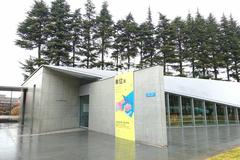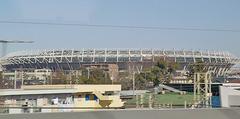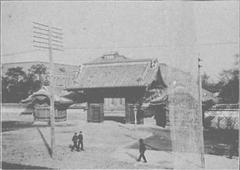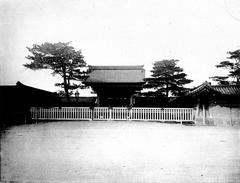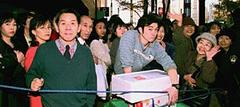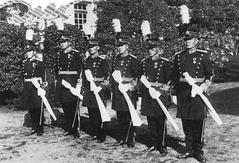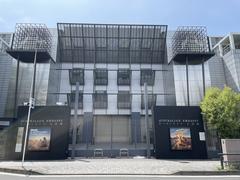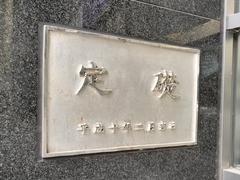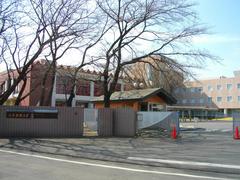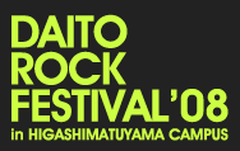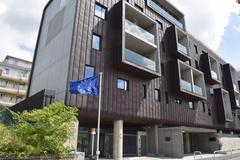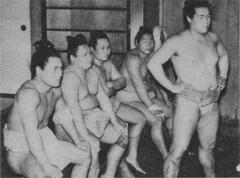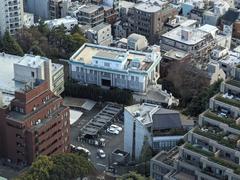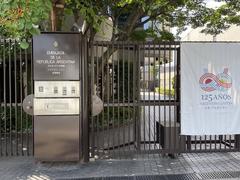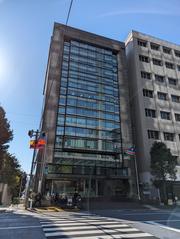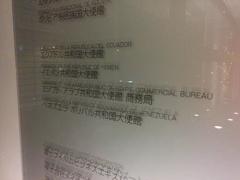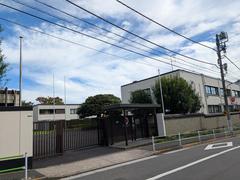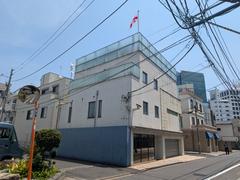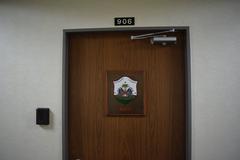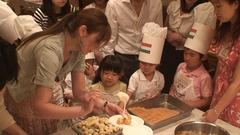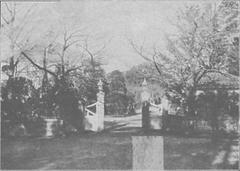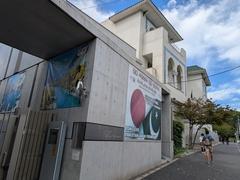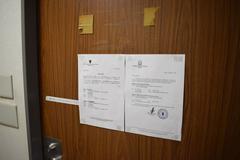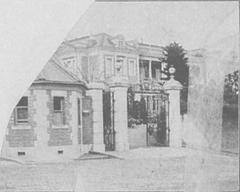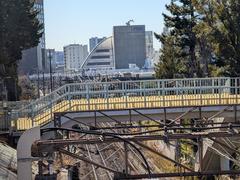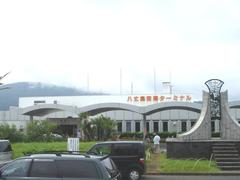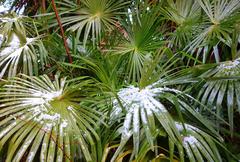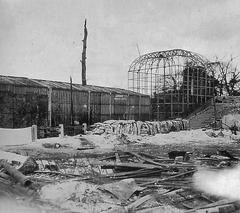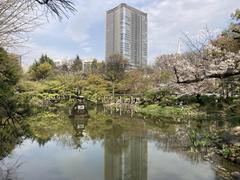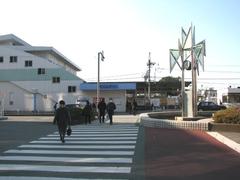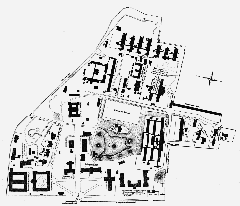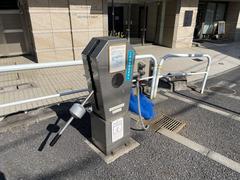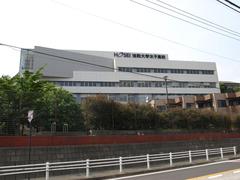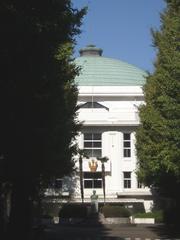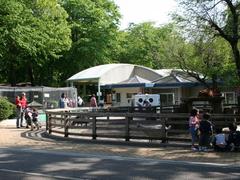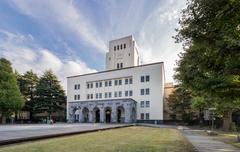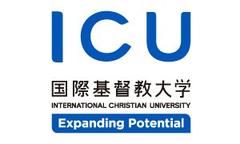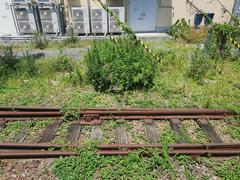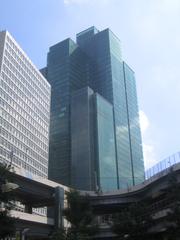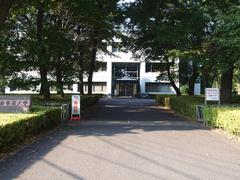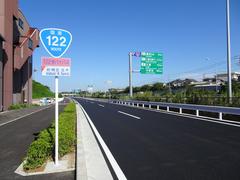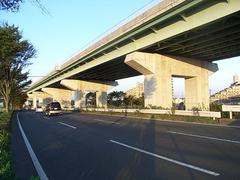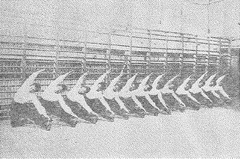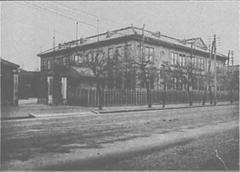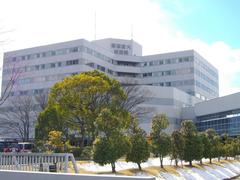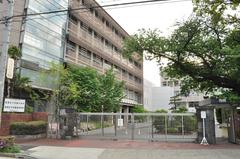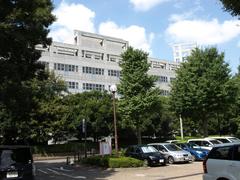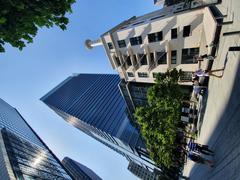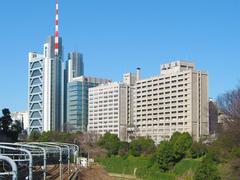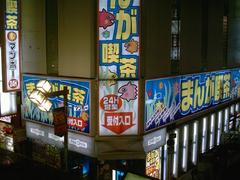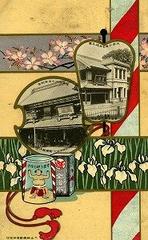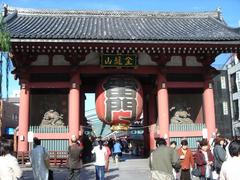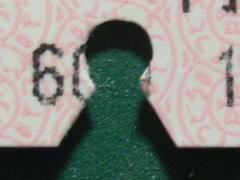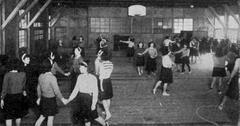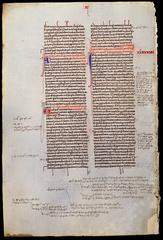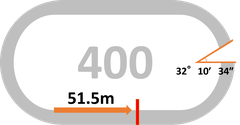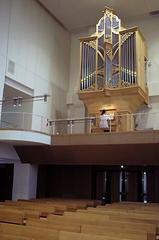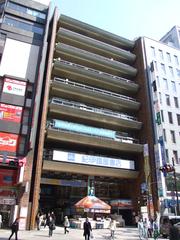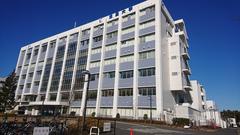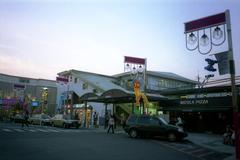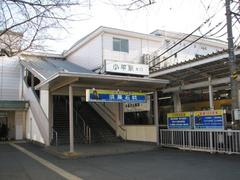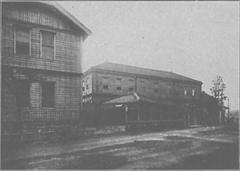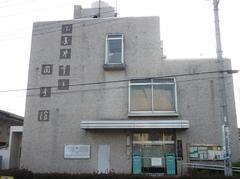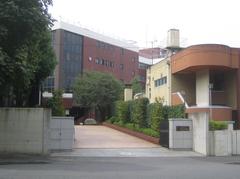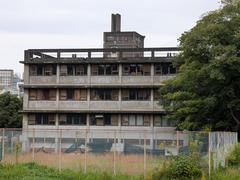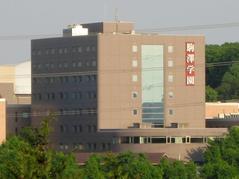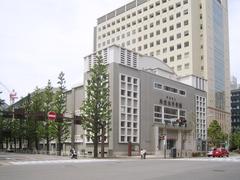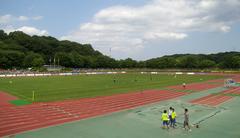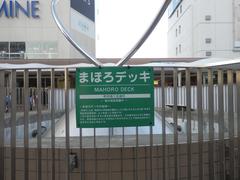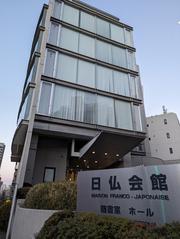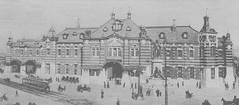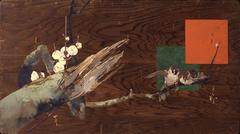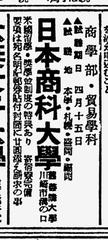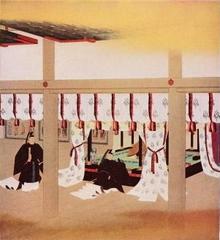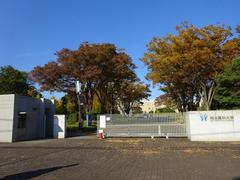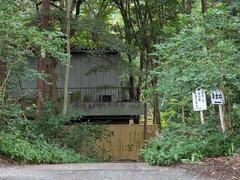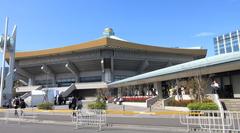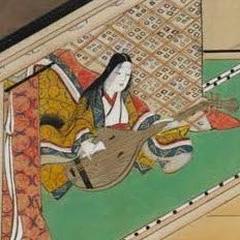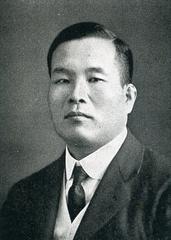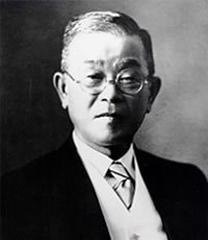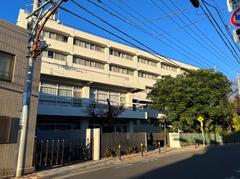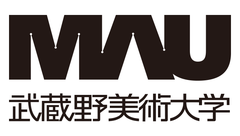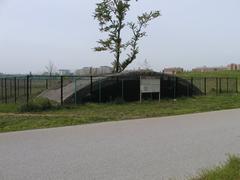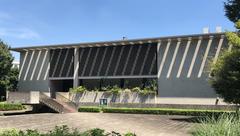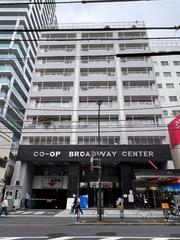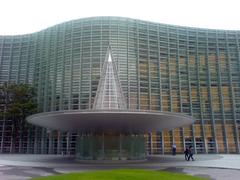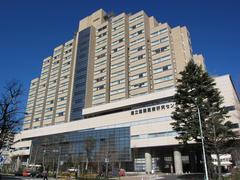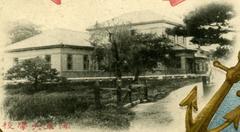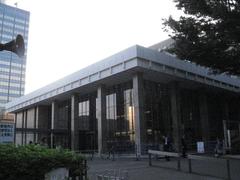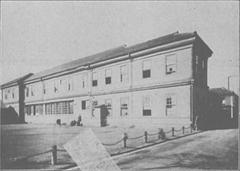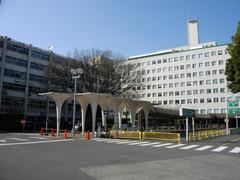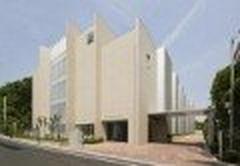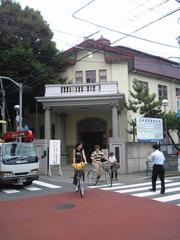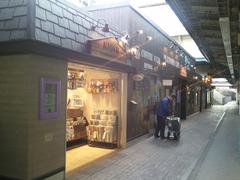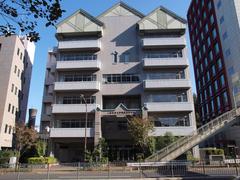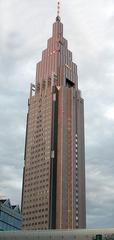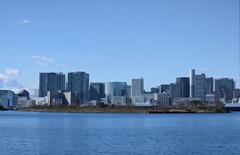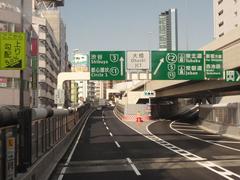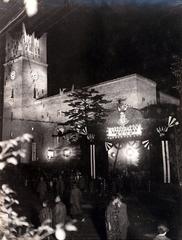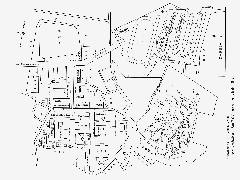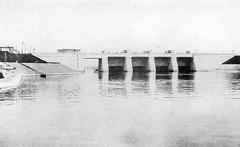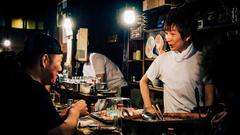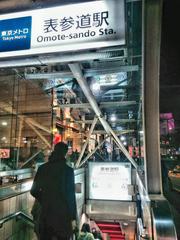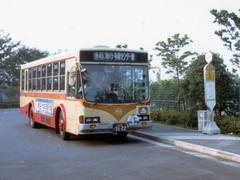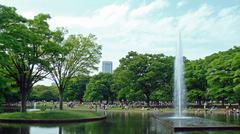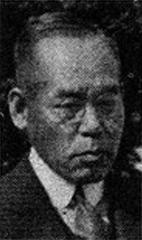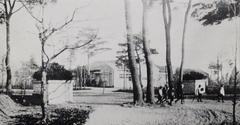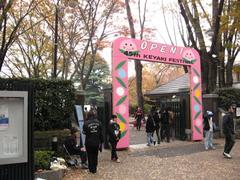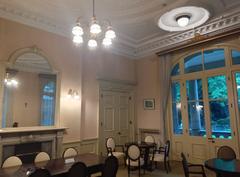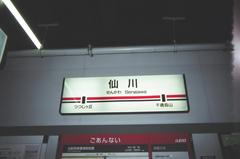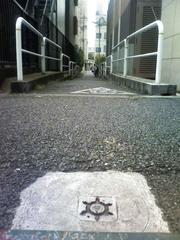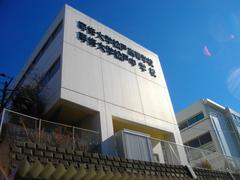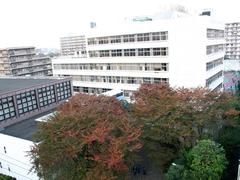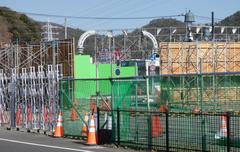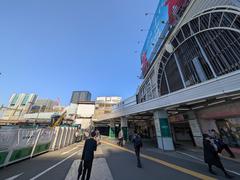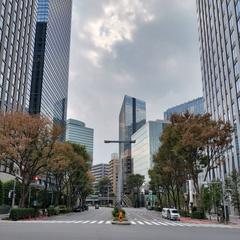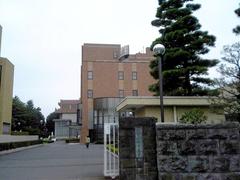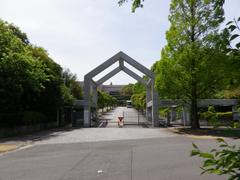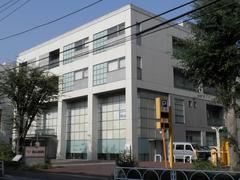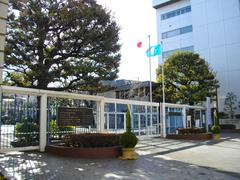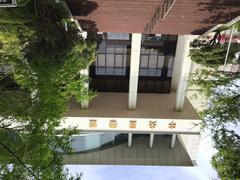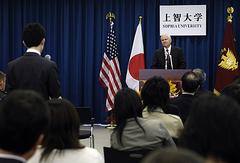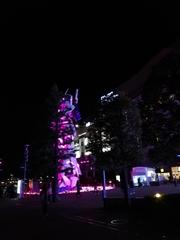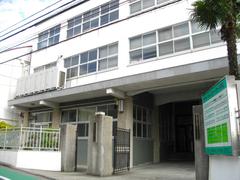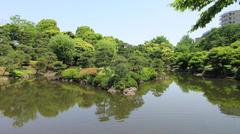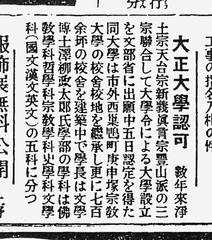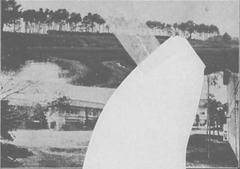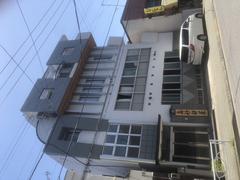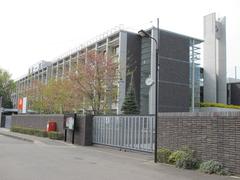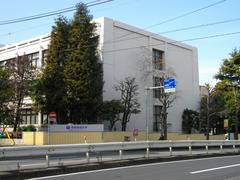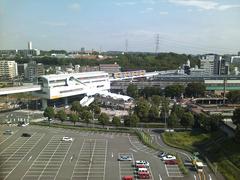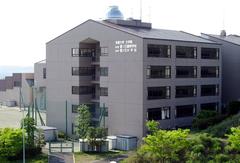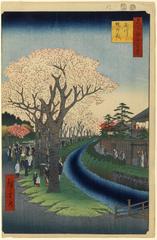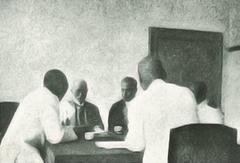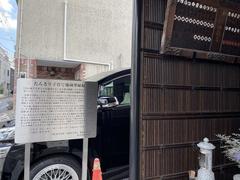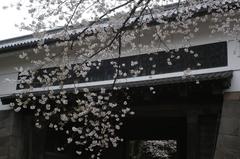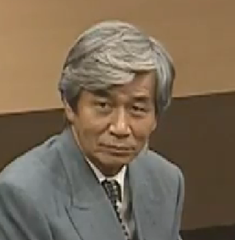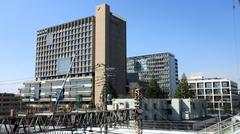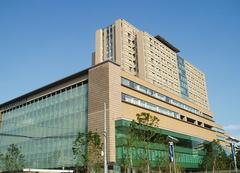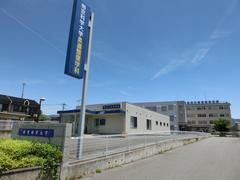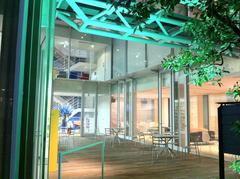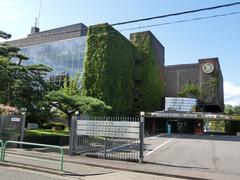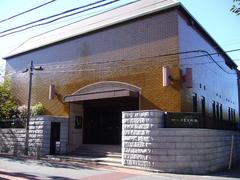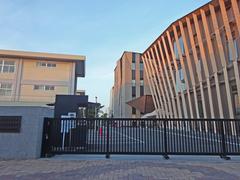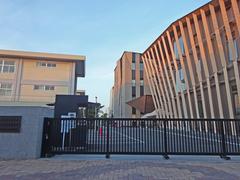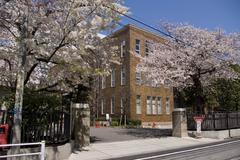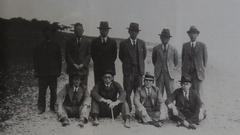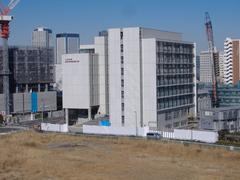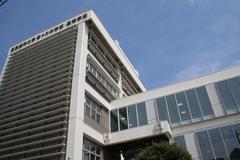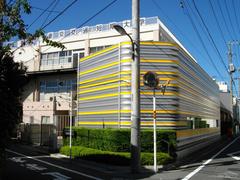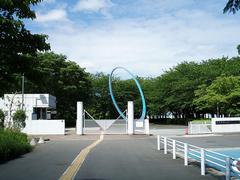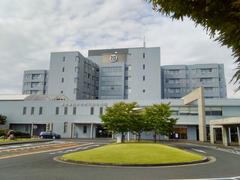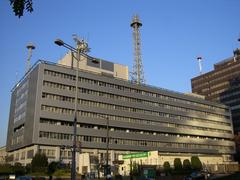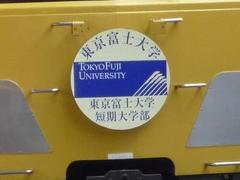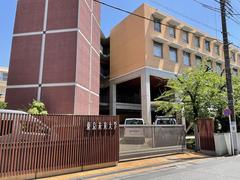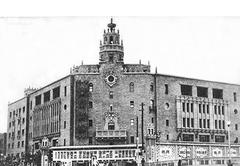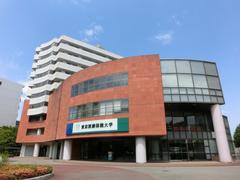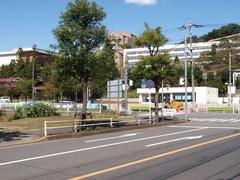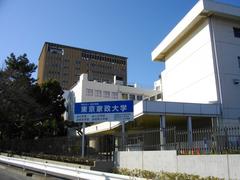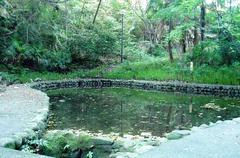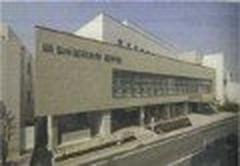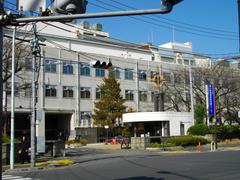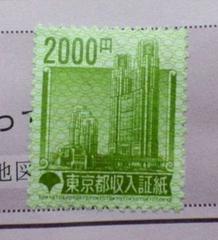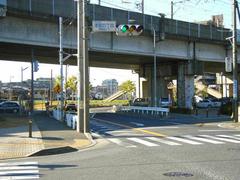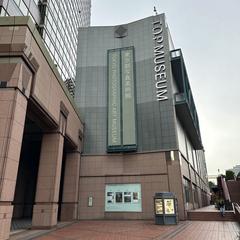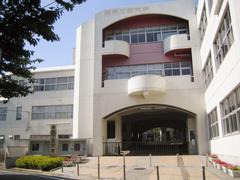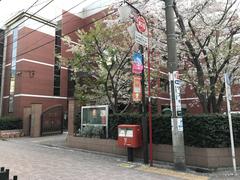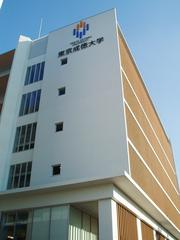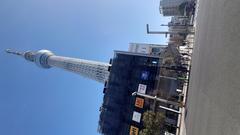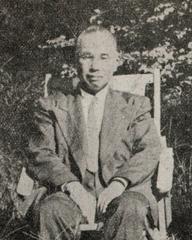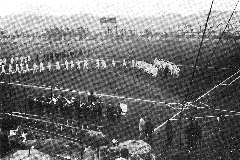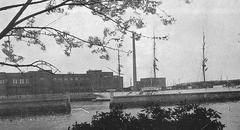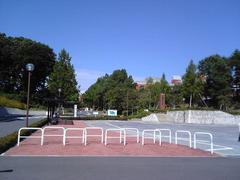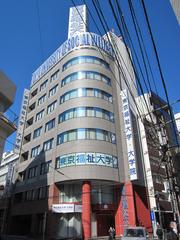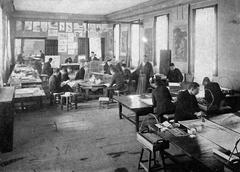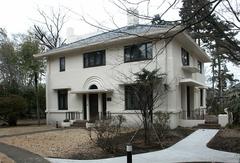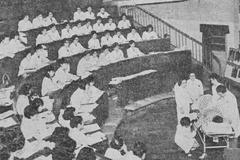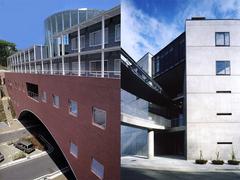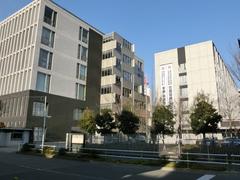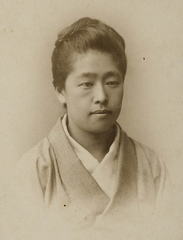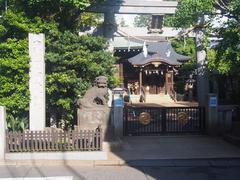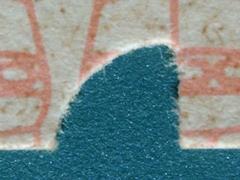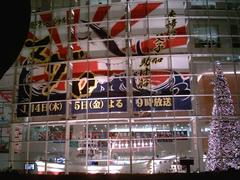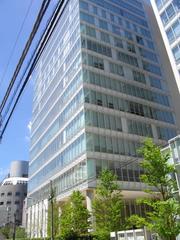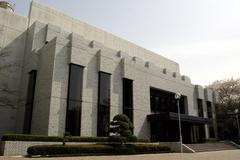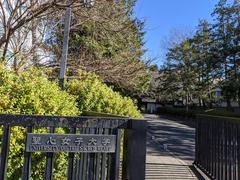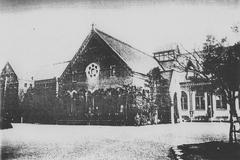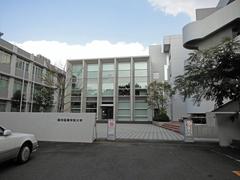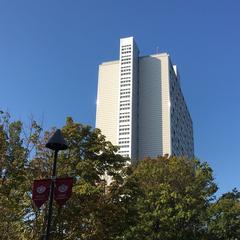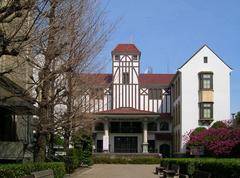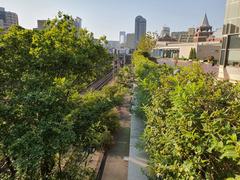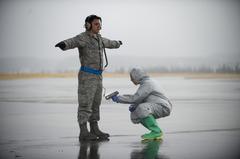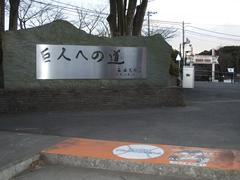Historical Materials Section, Yoshioka Yayoi Memorial Room Tokyo Women'S Medical University
Visiting the Historical Materials Section and Yoshioka Yayoi Memorial Room at Tokyo Women’s Medical University, Tokyo, Japan: Tickets, Hours, and Tips
Date: 14/06/2025
Introduction
Tokyo Women’s Medical University (TWMU) stands as a landmark of progress in Japanese medical education and the promotion of women’s rights. At the heart of its campus in Tokyo’s Shinjuku district are the Historical Materials Section and the Yoshioka Yayoi Memorial Room. These sites commemorate Dr. Yoshioka Yayoi’s groundbreaking legacy, offering visitors a rare opportunity to explore the evolution of women’s medical education and the broader societal advancements driven by her vision.
The exhibits feature original artifacts, personal correspondence, key documents, and awards, placing visitors at the intersection of history, medicine, and social change. Open to the public and easily accessible, these facilities provide guided tours, educational programs, and interactive displays, creating an inspiring environment for students, professionals, and history enthusiasts alike.
Further details are available via the Tokyo Women’s Medical University official website and the TWMU Annai PDF guide. For a comprehensive overview of Dr. Yoshioka Yayoi’s contributions, see Wikiwand.
Table of Contents
- Introduction
- The Vision of Dr. Yoshioka Yayoi and the Origins of TWMU
- Founding and Growth of Tokyo Women’s Medical University
- Dr. Yoshioka’s Broader Impact and Legacy
- The Historical Materials Section and Memorial Room: Purpose and Exhibits
- Key Artifacts and Thematic Displays
- Visiting Information: Hours, Tickets, Accessibility
- Directions and Access
- Highlights: Nearby Attractions and Photographic Opportunities
- Events, Special Exhibitions, and University Outreach
- Historical and Social Significance
- National and International Recognition
- Frequently Asked Questions (FAQs)
- Visitor Tips and Recommendations
- Conclusion and Further Reading
- Sources
The Vision of Dr. Yoshioka Yayoi and the Origins of TWMU
Dr. Yoshioka Yayoi (1871–1959) emerged as a pioneering physician, educator, and advocate for women’s rights in Meiji-era Japan. Raised in Shizuoka Prefecture by a progressive physician father, her early exposure to the value of education, especially for girls, set the foundation for her lifelong mission (Wikiwand).
Despite formidable barriers, she entered Saisei-Gakusha medical school in 1889 and, by 1892, became only the 27th woman in Japan to receive a medical license (National Diet Library). Recognizing the systemic exclusion of women from medical professions, Dr. Yoshioka resolved to create opportunities for future generations.
Founding and Growth of Tokyo Women’s Medical University
In 1897, Dr. Yoshioka founded the Tokyo Shisei Hospital, which soon became the springboard for her most notable achievement: the establishment of Tokyo Joshi Igakko (Tokyo Women’s Medical School) in 1900. This institution, which became Tokyo Women’s Medical University in 1998, was Japan’s first school dedicated to training female physicians (Wikiwand). Despite initial restrictions preventing female graduates from taking the national medical examination, persistent advocacy led to policy changes in 1912, empowering women to practice medicine professionally.
By 1930, nearly 1,000 women had graduated from the institution, catalyzing the transformation of women’s roles in medicine and society (Wikiwand).
Dr. Yoshioka’s Broader Impact and Legacy
Beyond her educational endeavors, Dr. Yoshioka was a prominent advocate for sex education, women’s suffrage, and social reform. She contributed to national policy-making, participated in women’s suffrage movements, and led various wartime and post-war organizations.
Dr. Yoshioka’s achievements earned her prestigious honors, such as the Order of the Precious Crown in 1955 and the Order of the Sacred Treasure posthumously in 1959 (Wikiwand). Her legacy is further commemorated through awards, memorials, and even a Japanese postage stamp issued in her honor.
The Historical Materials Section and Memorial Room: Purpose and Exhibits
These curated spaces at TWMU preserve the university’s rich heritage and Dr. Yoshioka’s enduring influence. The Memorial Room is dedicated to her life, featuring personal items, correspondence, and official documents. The Historical Materials Section offers a broader narrative, chronicling the university’s evolution and the societal shifts that accompanied women’s advancement in medicine.
Together, these exhibitions provide an immersive experience, blending individual stories with collective milestones.
Key Artifacts and Thematic Displays
Visitors will encounter:
- Personal Effects: Dr. Yoshioka’s handwritten letters, medical instruments, academic regalia, and awards.
- Founding Documents: The original charter of Tokyo Women’s Medical School and early student records.
- Photographs: Visual documentation of the first graduating classes, faculty, and significant historical events.
- Educational Materials: Early textbooks and teaching aids, illustrating the development of medical education for women.
- Alumni Achievements: Profiles of distinguished graduates and their contributions to healthcare.
- Architectural Heritage: Salvaged tiles and windows from the university’s original buildings, integrated into the exhibit (TWMU Annai PDF, p.15).
Multimedia presentations and digital kiosks further enrich the visitor experience by providing timelines, video interviews, and interactive archives.
Visiting Information: Hours, Tickets, Accessibility
Hours:
- Typically open Monday to Friday, 9:00 AM – 5:00 PM (last admission 4:30 PM).
- Closed on weekends, national holidays, and during university events.
- Some sources note Tuesday–Friday, 10:00 AM – 4:00 PM for the Memorial Room; verify on the official website.
Tickets and Admission:
- Admission is free for all visitors; donations are appreciated.
Accessibility:
- The facilities are wheelchair accessible, with elevators and ramps.
- Special arrangements for visitors with mobility or sensory needs can be requested in advance.
Guided Tours:
- Available by appointment; English-language tours can be arranged (TWMU English Information).
Directions and Access
Address:
8-1 Kawada-cho, Shinjuku-ku, Tokyo 162-8666, Japan.
By Train:
- 8–10-minute walk from Akebonobashi Station (Toei Shinjuku Line).
- Also accessible from Iidabashi Station (JR Sobu Line, Tokyo Metro Tozai, Yurakucho, Namboku Lines).
- Wakamatsu-kawada Station (Toei Oedo Line) is nearby (mapcarta.com).
By Bus:
- Multiple city bus routes serve the area; check local transport sites.
Highlights: Nearby Attractions and Photographic Opportunities
- Kagurazaka District: Renowned for traditional shops and picturesque streets.
- Koishikawa Korakuen Garden: Historic Japanese garden ideal for a tranquil stroll.
- Shinjuku Gyoen National Garden: Expansive park with seasonal blooms.
- Tokyo Dome City: For dining and entertainment after your visit.
- Waseda University Campus and Aikikai Hombu Dojo: Rich in history and culture.
Photography is generally permitted in designated areas; always follow posted signs and staff guidance.
Events, Special Exhibitions, and University Outreach
The Memorial Room and Historical Materials Section regularly host thematic exhibitions, lectures, and commemorative events that illuminate women’s history in medicine. Information on current and upcoming events is available on the TWMU event calendar.
Collaborative projects with other institutions also highlight gender perspectives in the history of medicine (Asahi Shimbun).
Historical and Social Significance
TWMU’s establishment and its ongoing commitment to women’s medical education represent a pivotal chapter in Japanese social progress (uniRank). The Memorial Room and Historical Materials Section function as living archives, fostering public understanding and scholarly research on gender equality and professional advancement.
By preserving and interpreting these stories, TWMU continues to inspire new generations of women leaders in healthcare and beyond.
National and International Recognition
Dr. Yoshioka’s achievements and the university’s impact have been acknowledged through numerous honors, including national awards, commemorative stamps, and the establishment of the Yoshioka Memorial Prize by the Japan Medical Women’s Association. A separate memorial museum exists in Yoshioka’s hometown of Kakegawa, further enshrining her legacy (Wikiwand).
Frequently Asked Questions (FAQs)
Q: What are the visiting hours?
A: The Memorial Room is generally open Monday–Friday, 9:00 AM–5:00 PM, but hours may vary; check the official website for updates.
Q: Is there an admission fee?
A: Admission is free; donations are welcome.
Q: Are guided tours available in English?
A: Yes, by advance appointment (TWMU English Information).
Q: Is the facility wheelchair accessible?
A: Yes; ramps, elevators, and staff assistance are available.
Q: Can I take photographs inside?
A: Photography is permitted in most areas; follow signage and staff instructions.
Q: How do I get there by public transport?
A: The campus is a short walk from Akebonobashi Station (Toei Shinjuku Line), Iidabashi Station, and Wakamatsu-kawada Station.
Visitor Tips and Recommendations
- Plan Ahead: Confirm current hours and book tours in advance.
- Engage Deeply: Explore multimedia displays and read founder’s messages for greater insight.
- Explore the Area: Combine your visit with trips to other historical and cultural sites in Shinjuku.
- Respect Campus Etiquette: Maintain quiet, follow photography rules, and avoid bringing large bags or food into exhibit areas.
- Accessibility: Notify staff in advance for special needs.
For enhanced engagement, virtual tours and high-quality photo galleries are available on the TWMU website.
Conclusion
The Historical Materials Section and Yoshioka Yayoi Memorial Room at Tokyo Women’s Medical University serve as vibrant custodians of Japan’s medical and social heritage. Through thoughtfully curated exhibits, accessible resources, and ongoing educational outreach, TWMU ensures that Dr. Yoshioka’s legacy continues to inspire. Whether you are a history lover, student, or traveler, a visit to these sites not only honors the past but also affirms the continuing journey toward gender equality in medicine.
For the latest updates, special event listings, and guided tour reservations, download the Audiala app, follow TWMU on social media, and explore more resources through the links below.
Sources and Further Reading
- Tokyo Women’s Medical University official website
- TWMU Annai PDF guide
- TWMU English related information
- Wikiwand: Yoshioka Yayoi
- National Diet Library Portraits of Modern Japanese Historical Figures
- uniRank: Tokyo Women’s Medical University
- Encyclopedia.com: Yoshioka Yayoi
- Asahi Shimbun: Gender and Medicine Exhibitions
- prabook.com: Yoshioka Yayoi
- mapcarta.com: TWMU Location
